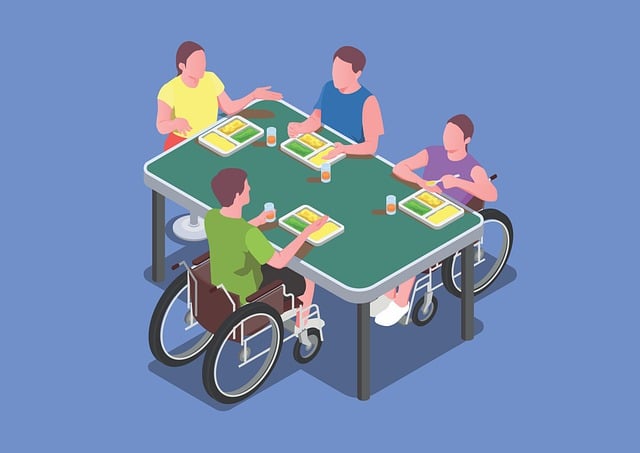Survivors of Heartland Behavioral Health can access vital support through advocacy groups and non-profits specializing in mental health reform. These organizations aid in navigating legal processes, protecting rights, and seeking justice. Community networks and peer support groups offer safe spaces for connection and healing. Accessible therapy options, including community health centers, online platforms, and telemedicine, facilitate emotional well-being and recovery.
“After experiencing trauma or struggle with mental health at Heartland Behavioral Health, it’s crucial to understand your rights and available resources. This guide provides a roadmap for survivors seeking justice and healing. From legal protections and support groups to therapy options, we outline essential steps. If you or someone you know is recovering from Heartland Behavioral Health, these resources can offer much-needed support and guidance towards a brighter future.”
- Understanding Your Rights and Legal Resources
- Support Groups and Community Networks
- Accessing Therapy and Counseling Services
Understanding Your Rights and Legal Resources

After experiencing treatment at Heartland Behavioral Health, it’s crucial to understand your rights and available legal resources. Survivor advocacy groups and non-profit organizations dedicated to mental health reform can provide invaluable support and guidance. They offer resources on filing complaints against facilities, understanding patient rights, and navigating potential legal claims.
These organizations often have extensive knowledge of state and federal laws related to behavioral health care, ensuring survivors are aware of their protections. By reaching out to these groups, individuals can take proactive steps to protect their interests and seek justice if necessary. This process is essential for holding Heartland Behavioral Health accountable and promoting improvements in the mental health care system.
Support Groups and Community Networks

Support groups play a pivotal role in the recovery journey for individuals who have experienced behavioral health challenges. For survivors of Heartland Behavioral Health, these groups offer a safe and nurturing environment to connect with peers facing similar struggles. Through open discussions and shared experiences, members gain valuable insights, build resilience, and foster a sense of belonging. Many support groups are facilitated by trained professionals or peer mentors, ensuring a supportive and non-judgmental space for emotional expression and healing.
Community networks expand the reach of support beyond formal groups. Local communities often have informal gatherings, online forums, or mutual aid societies dedicated to behavioral health recovery. These networks can provide practical resources, offer guidance, and facilitate friendships that promote long-term well-being. For Heartland Behavioral Health survivors, connecting with like-minded individuals within their communities can be empowering, offering a sense of continuity and support in everyday life.
Accessing Therapy and Counseling Services

After experiencing challenging times at Heartland Behavioral Health, survivors may find themselves seeking therapy and counseling services as part of their healing journey. Accessing these resources is an essential step towards recovery. Many options are available to help individuals navigate their path to well-being. One approach is to reach out to local community health centers or mental health clinics that often offer affordable or sliding-scale therapy services tailored to individual needs and financial circumstances.
Additionally, online platforms and telemedicine services have made seeking counseling more accessible than ever. These digital resources connect survivors with licensed therapists who can provide support remotely, making it convenient for those who prefer the privacy of virtual sessions or live in areas with limited local resources. With the right support, Heartland Behavioral Health survivors can take the first step towards healing and rediscovering their emotional well-being.
Survivors of Heartland Behavioral Health issues need not face their journeys alone. Understanding your rights, accessing supportive communities, and seeking professional therapy are essential steps towards healing. There are abundant resources available, from legal aid to therapeutic services, designed to help individuals navigate the aftermath of behavioral health struggles. By leveraging these tools, those affected can begin to rebuild their lives with hope and resilience.
